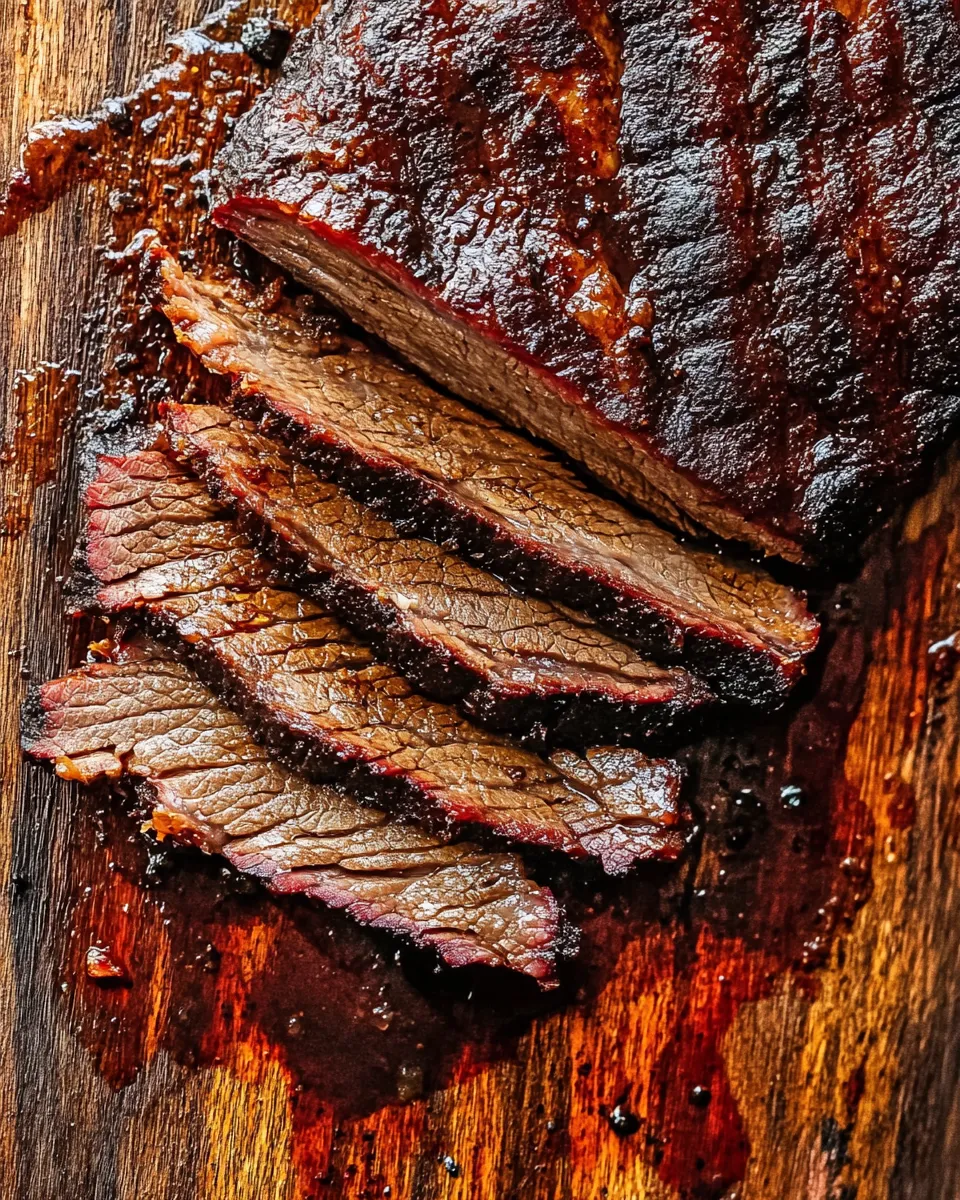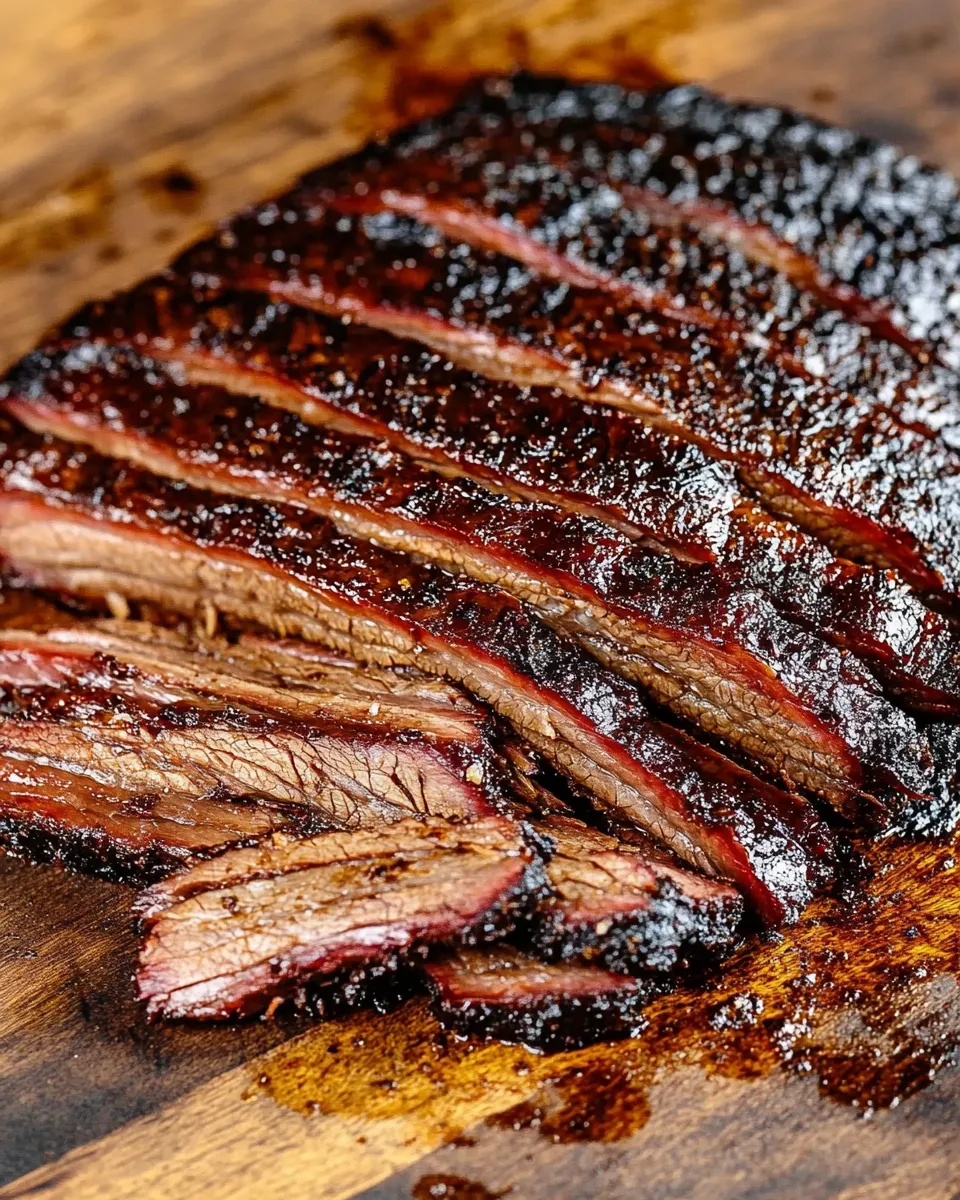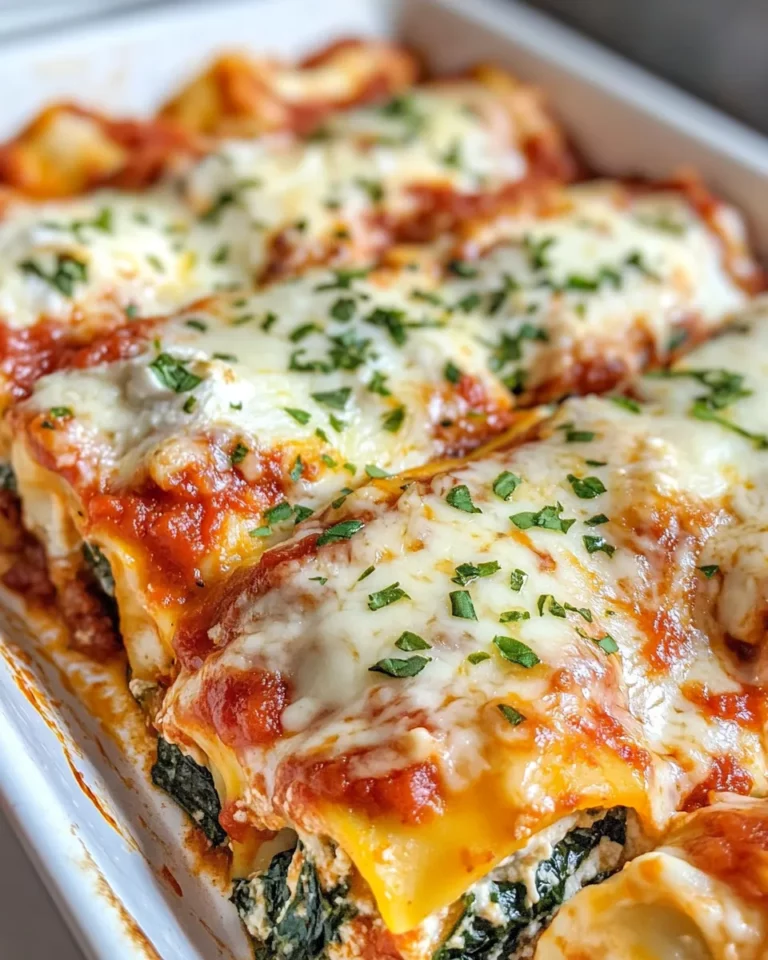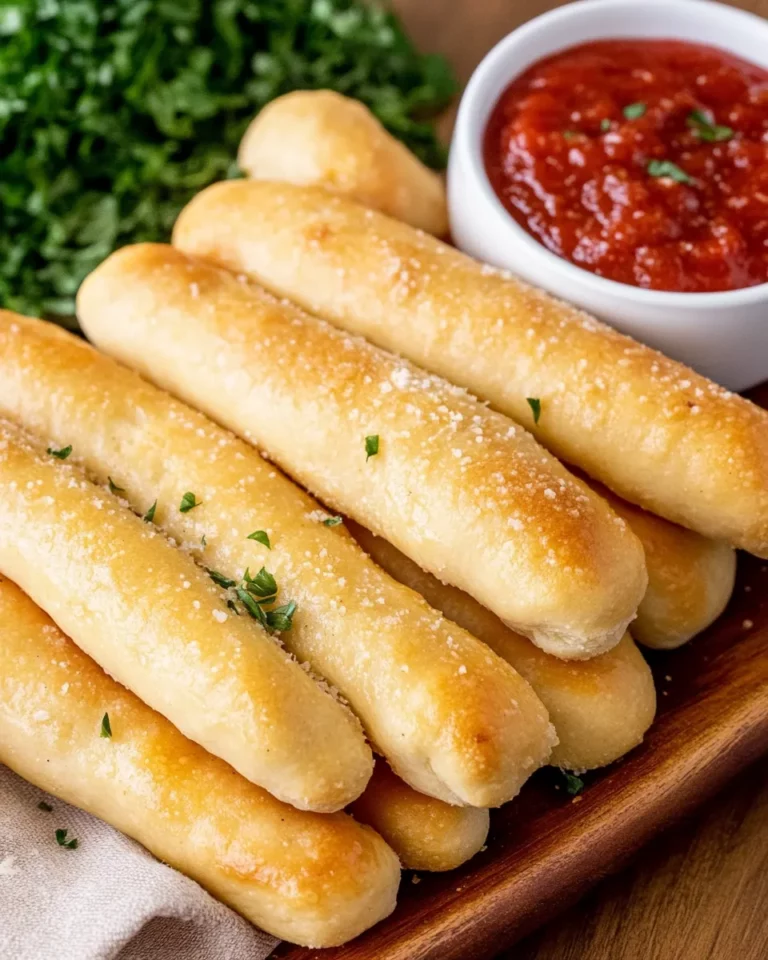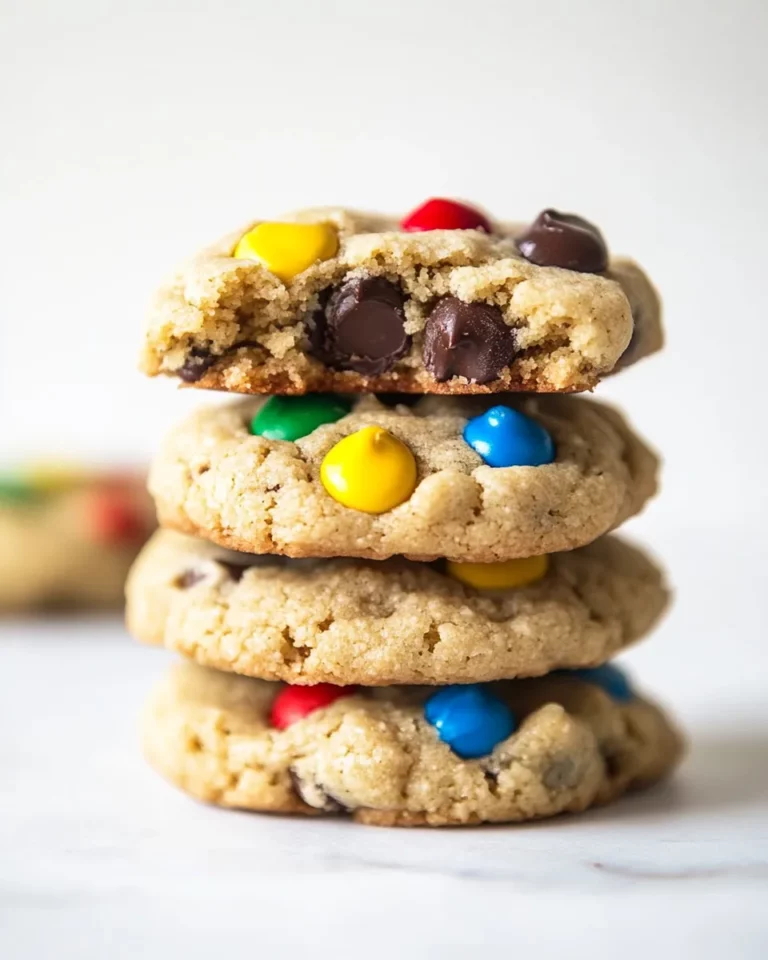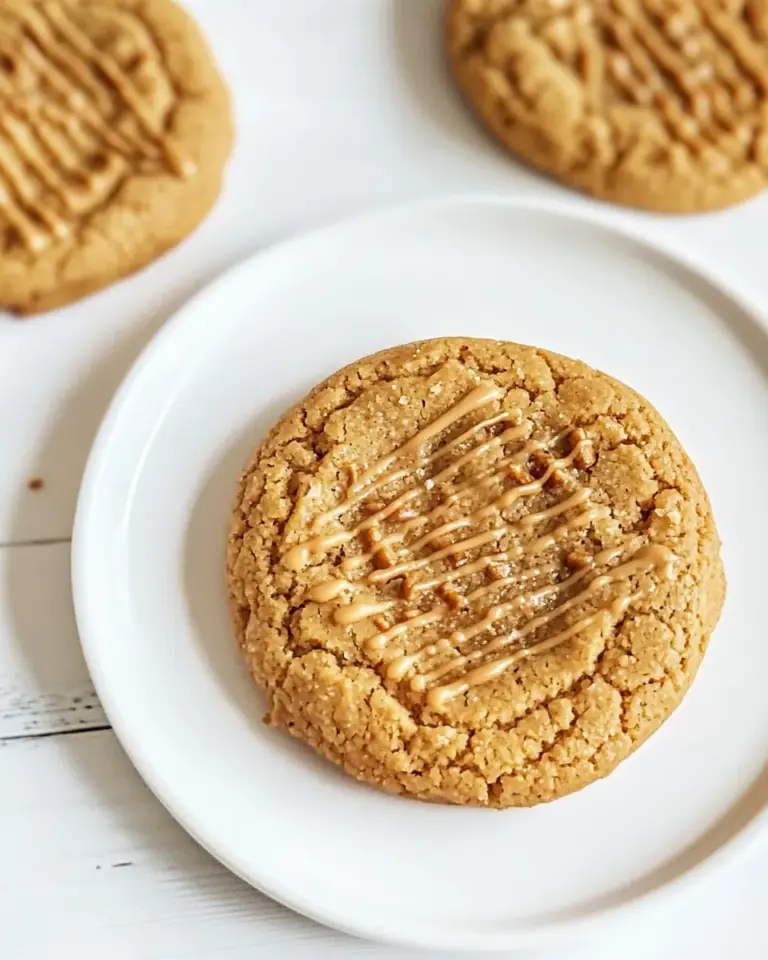Smoked Brisket
Brisket is one of those dishes that rewards patience. A 4-pound brisket flat, some straightforward seasoning, and low, steady smoke will give you slices that are flavorful, tender, and reliably crowd-pleasing. I keep this method in my regular rotation because it’s practical: predictable timing, minimal fuss, and big payoff on flavor.
This post walks you through the build of the rub, the practical timing for preparation and rest, and the smoking steps that turn a simple cut into something memorable. I’ll also cover tools I rely on, common mistakes to avoid, and quick ideas for pairing through the seasons. Bring a thermometer and a calm mindset — they’re the two most important helpers.
Read through the whole post before you start. The brisket benefits from a bit of planning (and a cool rest period at the end). The method below is intentionally hands-off during cooking, so you can get other things done without babysitting the grill.
Ingredient Notes
Ingredients
- 1 tablespoon kosher salt — anchors the seasoning and helps tenderize; use kosher for even coverage.
- ¼ cup brown sugar — adds sweetness and helps form a caramelized crust on the bark.
- 1½ tablespoons smoked paprika — brings color and a gentle smoky note that complements the grill smoke.
- 1 tablespoon onion powder — deepens the savory base without introducing moisture.
- 1 tablespoon chili powder — provides warmth and a subtle background heat.
- ½ teaspoon garlic powder — concentrated garlic flavor that won’t burn like fresh garlic on the surface.
- 1 teaspoon ground black pepper — brightens the rub and adds a peppery edge to the crust.
- 4 pound brisket flat — the leaner, even-cut portion of brisket; slice across the grain for the best texture.
Cooking (Smoked Brisket): The Process
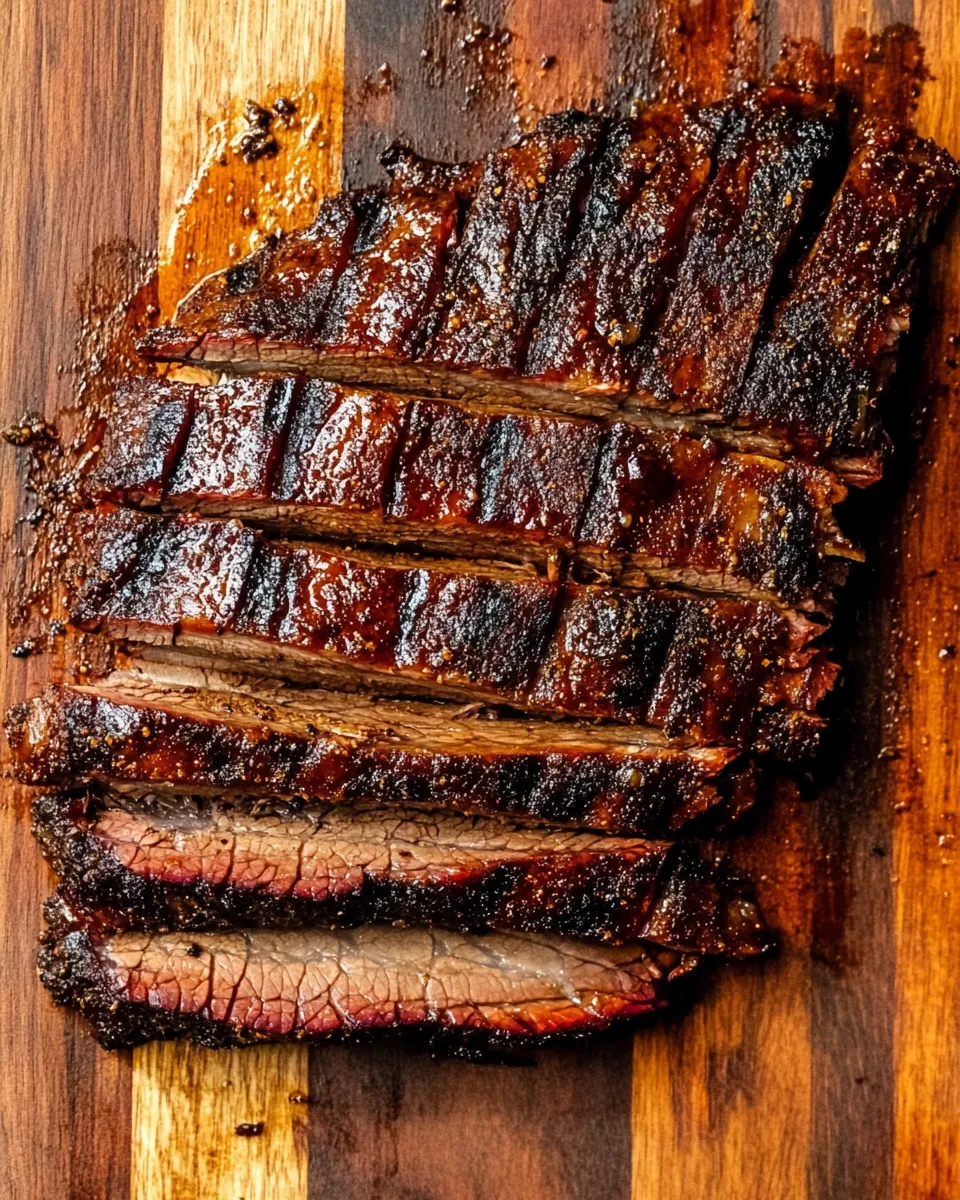
- In a small bowl, combine the kosher salt, brown sugar, smoked paprika, onion powder, chili powder, garlic powder, and ground black pepper.
- Rub the seasoning mixture evenly over the entire 4-pound brisket flat until coated.
- If time allows, wrap the seasoned brisket in plastic wrap and refrigerate for a couple of hours or overnight.
- At least 1 hour before cooking, remove the brisket from the refrigerator to come to room temperature. Begin soaking the wood chips in a bowl of water.
- When ready to cook, drain the soaked wood chips and fill the smoker box with them. Place the smoker box on the grill.
- Preheat the grill and stabilize the temperature to 225–250°F (low heat) for indirect cooking.
- Set the grill for indirect heat by turning off half of the burners and placing the brisket over the unlit burners.
- Close the grill lid and cook the brisket for about 4½ hours, or until the internal temperature in the thickest part reaches 200°F.
- Remove the brisket from the grill and let it rest, loosely covered if desired, for at least 45 minutes before slicing.
Why This Recipe is a Keeper
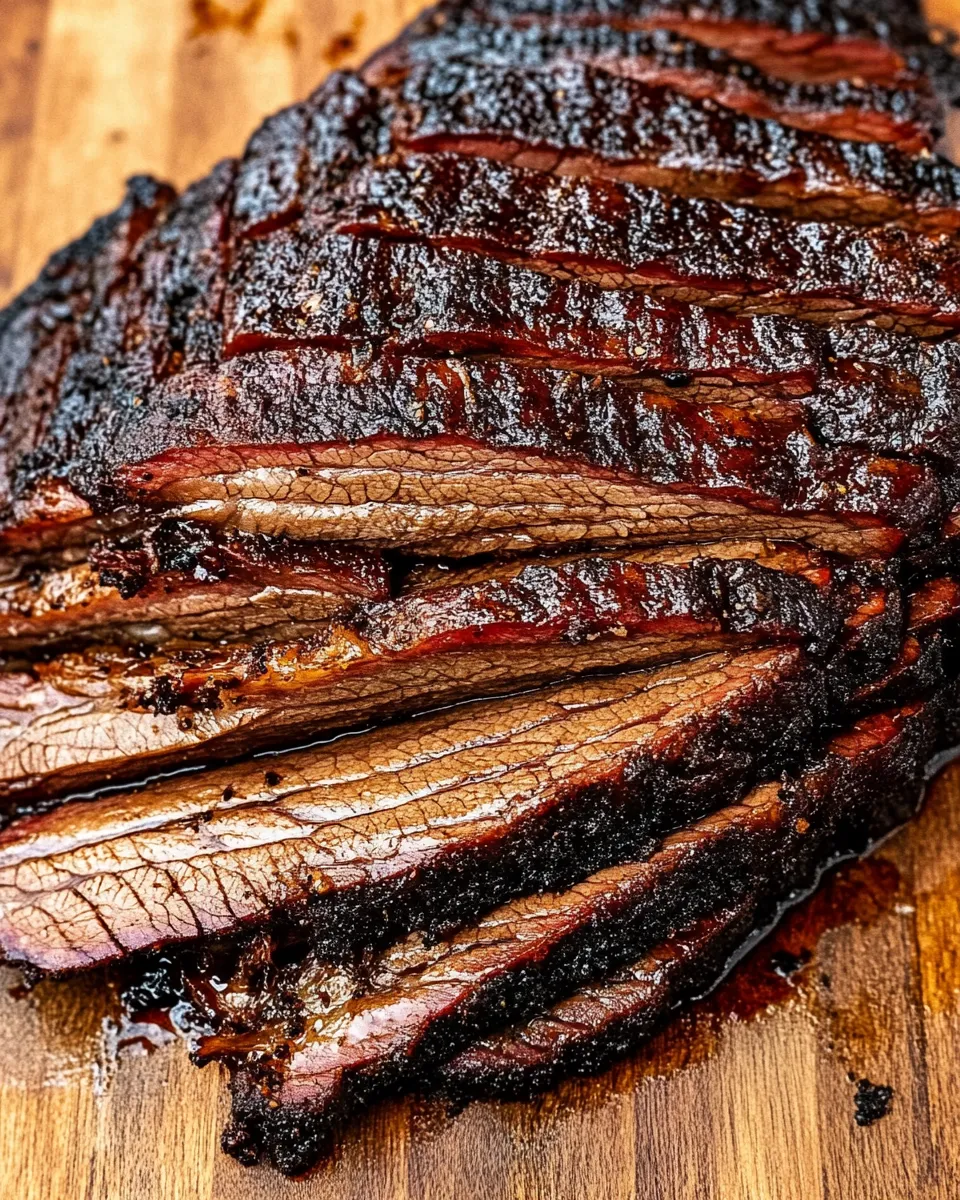
This approach works because it balances three simple principles: a focused rub, low-and-slow heat, and a proper rest. The rub uses ingredients that build layers of flavor without competing with the beef. Kosher salt seasons thoroughly, brown sugar helps create that attractive bark, and smoked paprika deepens the smoke profile even before the grill starts doing its work.
The temperature range of 225–250°F is deliberate. It’s low enough to break down connective tissue in the flat without drying the lean meat. The 4½-hour estimate gets you into the ballpark for a 4-pound flat; the true endpoint is tenderness and that internal 200°F mark. Finally, resting the brisket is non-negotiable. It lets the juices redistribute, so your slices hold together and stay moist.
Allergy-Friendly Substitutes
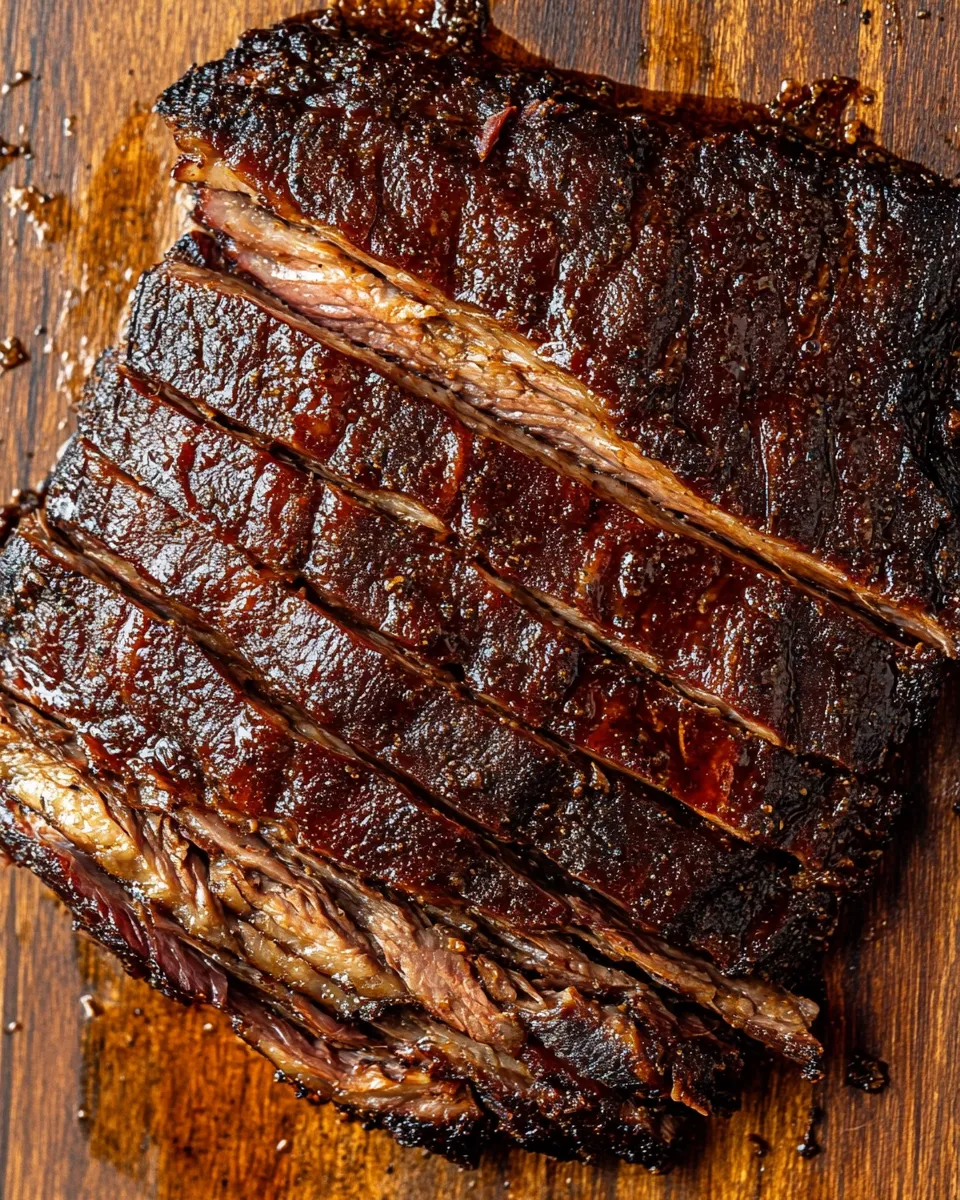
If you or someone at the table needs adjustments, here are safe swaps that preserve the intent of the rub and the cook:
- Sugar-free — replace brown sugar with an equal amount of coconut sugar or omit it; you’ll lose some caramelization but keep the savory profile.
- Paprika sensitivity — use sweet paprika instead of smoked paprika, and add a few soaked wood chips with a fruit wood for that mild smoke.
- Low-sodium — use reduced-sodium kosher salt, but taste carefully; you may need slightly less than 1 tablespoon depending on the product.
- Gluten or spice concerns — the spices listed are naturally gluten-free; if using store-bought chili powder blends, check labels or use single-origin chili flakes instead.
- Beef allergies — for a similar method on other proteins, try a boneless pork shoulder or turkey breast, but expect shorter or longer cook times and adjust final internal temperatures accordingly.
Recommended Tools
Good tools make this method repeatable. Don’t overbuy; get these reliable items and you’ll be set for smoked meats for years.
- Instant-read thermometer — fast checks of internal temperature; essential for hitting 200°F in the thickest part.
- Probe thermometer with alarm — lets you monitor the cook without opening the lid constantly.
- Smoker box or foil packet — for wood chips; a smoker box is cleaner, a foil packet works if you don’t have one.
- Sturdy tongs and a long spatula — for safe handling when placing and removing the brisket.
- Sharp slicing knife — a long, thin blade helps you make clean slices across the grain.
- Butcher’s twine (optional) — only if you need to tidy up uneven edges for more even cooking.
Slip-Ups to Skip
Here are the common errors I see, and how to avoid them.
- Skipping the rest — slicing too early lets juices run out. Rest for at least 45 minutes; you can wrap in foil and towels to hold heat.
- Opening the lid constantly — each check dumps heat and smoke. Use a probe thermometer and trust the timeline, then check near the end.
- Over-salting — use the specified 1 tablespoon kosher salt; different salts have different densities. Measure, don’t eyeball.
- Too high heat — temps above 275°F will push the cook to the “fast roast” side and risk a tough, dry brisket.
- Neglecting the wood chips — dry chips won’t produce good smoke; soak them and place them in a smoker box or foil packet so they smolder steadily.
Spring–Summer–Fall–Winter Ideas
Brisket plays well with seasonal sides and serving styles. Here’s how I shift menus through the year.
- Spring — serve thin slices with a bright herb chimichurri and a side salad of shaved radish and cucumber to cut the richness.
- Summer — go casual: brisket sandwiches with pickles, coleslaw, and a simple vinegar-based BBQ sauce for backyard gatherings.
- Fall — pair with roasted root vegetables and a braised red cabbage for a heartier plate as the weather cools.
- Winter — transform leftovers into comfort: chopped brisket in a hearty stew, or folded into mashed potatoes and topped with gravy.
Author’s Commentary
I’ve smoked many briskets, and this simple blend and schedule is my reliable go-to. It’s forgiving because the rub is balanced and the cook is monitored by temperature rather than clock time alone. I aim for technique over embellishment: good salt distribution, steady heat, and patience in resting.
One practical note: if your flat is uneven, use butcher’s twine to even it out or tuck thinner ends under. That helps the meat cook more uniformly. Also, I often refrigerate the rubbed brisket overnight — it tightens the surface and deepens flavor the next day.
Best Ways to Store
Store whole or sliced brisket properly to keep texture and flavor.
- Short-term — cool to room temperature, wrap tightly in foil or airtight containers, and refrigerate for up to 4 days.
- Long-term — for freezing, wrap in heavy-duty foil and a freezer bag or vacuum seal. Freeze for up to 3 months. Thaw overnight in the fridge before reheating.
- Reheating — warm gently in a low oven (about 275°F) wrapped in foil with a splash of beef broth to keep it moist. For slices, heat in a covered dish rather than direct high heat.
Top Questions & Answers
How do I know when the brisket is done?
Internal temperature and feel are the best guides. Aim for 200°F in the thickest part. When you insert a probe, it should slide in with little resistance, like probing softened butter. If it’s still firm, give it more time.
Can I speed up the cook?
You can raise the grill to 275–300°F, but expect some trade-offs: faster time but less time for collagen to convert, which can yield a slightly tougher result. Stick to 225–250°F for the classic tender outcome.
Should I spritz or mop the brisket?
It’s optional. Spritzing with a light mix of apple juice or beef stock every hour can add moisture and a touch of flavor to the bark, but it’s not required. If you do spritz, use a small amount to avoid cooling the surface too much.
What wood chips are best?
Hickory, oak, and mesquite are classic for beef — hickory is a favorite for its balance. For a milder profile, use fruit woods like apple or cherry. Soak chips for 30 minutes before use so they smolder instead of flare.
How do I slice brisket for serving?
Slice against the grain in 1/4-inch to 1/2-inch slices. With the flat, the grain runs lengthwise; rotating the brisket to slice across the fibers yields tender bites.
Final Thoughts
Smoked brisket is a weekend project that pays off in flavor and satisfaction. Follow the rub, respect the low heat, and don’t rush the rest. Keep a good thermometer handy and aim for that 200°F finish — it’s the best indicator you’ve reached a tender, sliceable brisket.
Make it once with the method here and you’ll understand how simple, repeatable techniques deliver consistently excellent results. Invite someone over, pour a cold drink, and let the smoker do its work. The brisket will speak for itself.
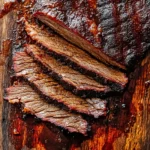
Smoked Brisket
Ingredients
Ingredients
- 1 tablespoonkosher salt
- 1/4 cupbrown sugar
- 1 1/2 tablespoonssmoked paprika
- 1 tablespoononion powder
- 1 tablespoonchili powder
- 1/2 tablespoongarlic powder
- 1 teaspoonground black pepper
- 4 poundbrisket flat
Instructions
Instructions
- In a small bowl, combine the kosher salt, brown sugar, smoked paprika, onion powder, chili powder, garlic powder, and ground black pepper.
- Rub the seasoning mixture evenly over the entire 4-pound brisket flat until coated.
- If time allows, wrap the seasoned brisket in plastic wrap and refrigerate for a couple of hours or overnight.
- At least 1 hour before cooking, remove the brisket from the refrigerator to come to room temperature. Begin soaking the wood chips in a bowl of water.
- When ready to cook, drain the soaked wood chips and fill the smoker box with them. Place the smoker box on the grill.
- Preheat the grill and stabilize the temperature to 225–250°F (low heat) for indirect cooking.
- Set the grill for indirect heat by turning off half of the burners and placing the brisket over the unlit burners.
- Close the grill lid and cook the brisket for about 4½ hours, or until the internal temperature in the thickest part reaches 200°F.
- Remove the brisket from the grill and let it rest, loosely covered if desired, for at least 45 minutes before slicing.
Equipment
- Smoker Box
- Wood Chips
Notes
I prefer to smoke my brisket fat side down.
In terms of wood chips, I recommend hickory, mesquite, oak, maple, or cherry. You could also do a blend of a few kinds.
There is no need to wrap this brisket!
Be sure to let the brisket rest before slicing to lock in the juices.

